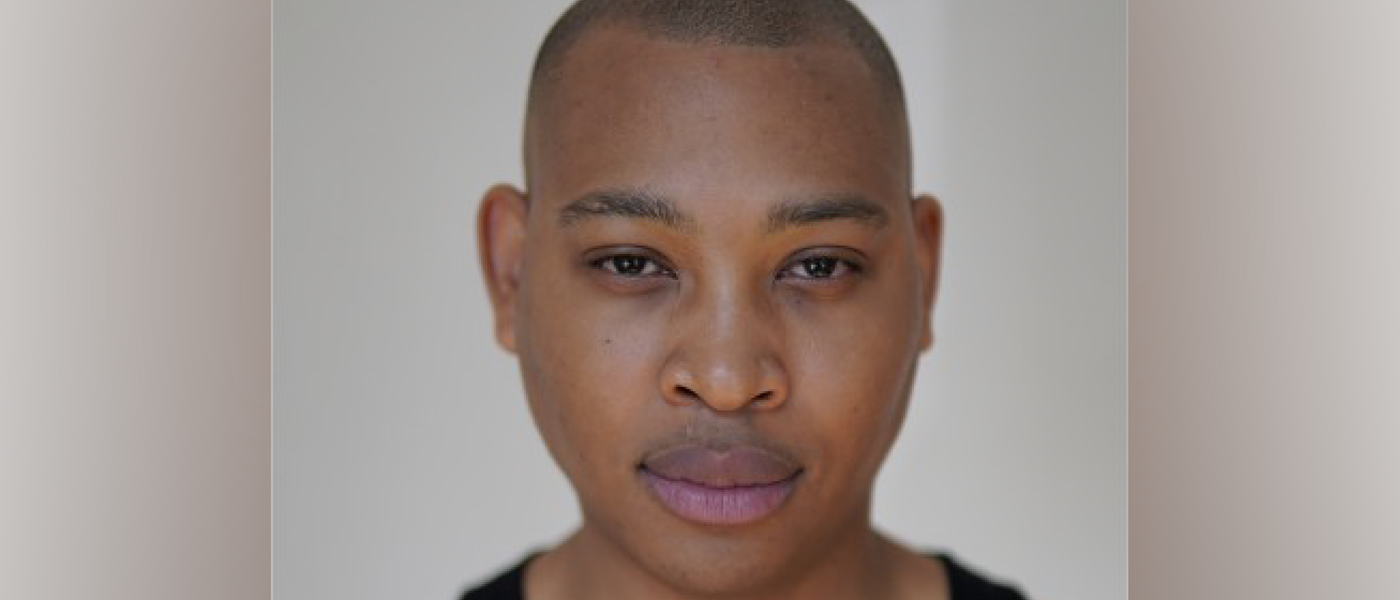- Home
- News and stories
- “I feel compelled to bring more black people to the forefront.”
“I feel compelled to bring more black people to the forefront.”
Shaun talks about his experiences as a black man advocating for people with OCD.
I am a young black British man who speaks openly about Obsessive Compulsive Disorder (OCD). Many of us live with OCD and other mental health conditions; we’re all over the world. However, I’ve always felt my community is underrepresented in terms of our mental health experiences.
I was diagnosed with OCD last year in June 2022. Depression hit me after that, and I genuinely thought my life was over. That’s why I’m so candid about my journey. I know we’ve lost so many men, especially to this condition. I’m now in recovery and, sadly, one of few UK-based black advocates for those with my condition. I think that says a lot about the stigma in my community.
"Don't tell everyone about your OCD, or you won’t get a job."
There’s a certain shame attached to being black and speaking about your mental health. It’s often seen as a sign of weakness. I remember when my Mum said, "Don't tell everyone about your OCD, or you won’t get a job." I know she cares for me, but as part of the Windrush generation, her trauma compels her to protect my sense of freedom. She views illness as a secret to be hidden, to keep us safe.
The black community sometimes has a lack of awareness towards mental health conditions. This can be dangerous. Coming from a Christian fundamentalist background, I recognise the dogma. A lot of religious people around me believe anything that’s “wrong” with your mind is connected to demons.
“I’ve privately struggled with my health.”
Having this condition also means I face barriers in our wider society. Having an invisible illness allows me to appear well on paper. I’m a tall, articulate man who regularly visits the gym. I’m a model, and I attend engagements as a public speaker.
From my appearance, no one would assume I have a mental health condition. Not least one which caused a massive breakdown, and brought me to the brink of suicide. Despite how collected I seem on the outside, I’ve privately struggled with my health. For a while, I couldn't hold down a job; my focus was too often on my mind. I’ve never had any accommodations to help me, even though I might also be neurodivergent in other ways.
“The conversation I was fuelling began to lead to new connections.”
When I first began speaking publicly about my OCD, I was beyond worried. I was terrified of the tangible consequences of sharing my story. Eventually, I reached a defining moment. At my absolute worst, I thought I was the worst possible person alive. I saw no one who looked like me facing the same struggle. But I know we exist. That’s why I feel compelled to bring more black people to the forefront.
After I started speaking out, I received messages from strangers and people I knew. The conversation I was fuelling began to lead to new connections. It brought tears to my eyes. I was shocked to know for sure I wasn’t the only one. More black people with OCD found me, and they also found each other. As a result of this, I created a WhatsApp group for black people with OCD in recovery; it’s a home for those who want to feel seen.
“There’s a dire need for the taboo to be removed.”
There’s not many UK-based black people speaking up about OCD. The responsibility is heavy. But my community has been instrumental to the work I do. So, whilst it may feel tiring at times, I do it for them. I’m adamant in my commitment to making a change. I’m determined to find more black people with this condition and let them know they’re not alone.
For society to move forward, we need more people, especially men, to speak up about their mental health. There’s a dire need for the taboo to be removed. As for my contribution, I’m keen to turn my pain into my purpose to help others. I aim to become a therapist and a life coach to help the wider OCD community and those around me.
If you'd like some support for your mental health, visit our advice page.


